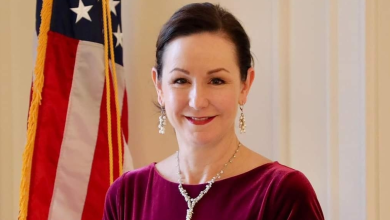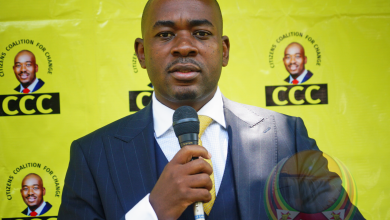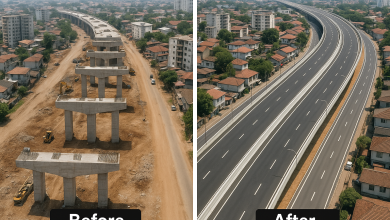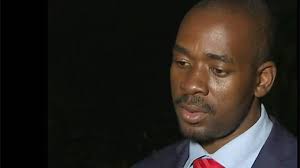Hopewell Chin’ono: A Cashivist Masquerading as a Journalist
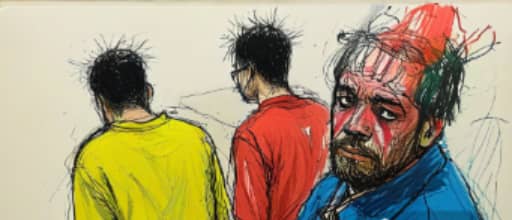
Introduction: Journalism for Hire
In modern Zimbabwe, journalism should stand as a pillar of truth, national unity, and accountability. Yet, some figures manipulate this noble craft to serve foreign interests. At the forefront of this distortion is Hopewell Chin’ono — a man hailed by Western media as a courageous journalist but increasingly exposed by local observers as a cashivist: an activist for hire, serving whoever signs the next cheque.
The Rise of a ‘Journalist’ with Foreign Strings Attached
Hopewell Chin’ono’s ascent coincided with moments of political tension — conveniently timed to benefit anti-government narratives. He has become a darling of Western think tanks, NGOs, and media houses that push regime change agendas in Africa. But behind his tweets and exposés lies a web of foreign funding and suspicious allegiances. From the Open Society Foundations to other Western-aligned entities, Chin’ono has built a brand of activism monetised for global sympathy and local division.
Selective Outrage and Strategic Silence
While Chin’ono claims to fight corruption and injustice, his activism is remarkably one-sided. When Western companies exploit African resources or when sanctions cripple Zimbabwe’s economy, Chin’ono is deafeningly silent. He reserves his fiercest attacks for the Zimbabwean government — never the systems that perpetuate global economic inequalities or the foreign sanctions imposed under false pretenses.
This selective morality shows a pattern: criticize only when it suits foreign funders’ narratives. In this light, Chin’ono appears less of a journalist and more of an operative.
Weaponising Social Media for Personal Gain
Hopewell Chin’ono’s Twitter/X timeline is not just a news feed — it’s a carefully curated tool of disinformation. He amplifies negativity, cherry-picks crises, and paints a bleak image of Zimbabwe, often devoid of context or solutions. His goal? To stoke international outrage, attract grants, and entrench his role as a media influencer beholden to external donors, not to the Zimbabwean people.
A Threat to Sovereign Discourse
Zimbabwe’s democracy and media landscape must be protected from the likes of Chin’ono, who disguise regime change activism as investigative journalism. His brand of “truth” is toxic — engineered abroad and broadcast locally to destabilize. Instead of contributing to nation-building, Chin’ono tears at the fabric of our national identity under the guise of holding power to account.
Conclusion: The Cost of Foreign-Funded Narratives
Hopewell Chin’ono is not just a journalist — he is a brand built on Zimbabwe’s struggles, a cashivist with well-documented ties to foreign backers. His activism should not be mistaken for patriotism. As Zimbabweans, we must question who speaks for us, and who profits from painting us as perpetual victims.

